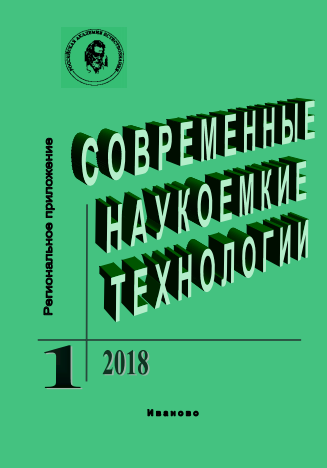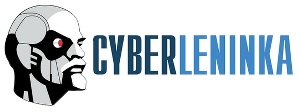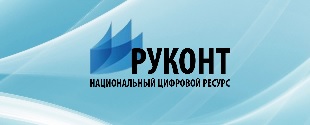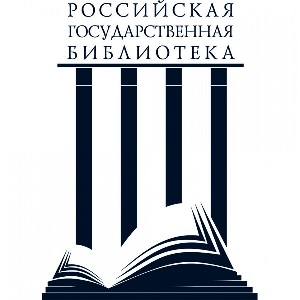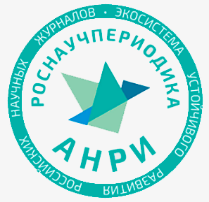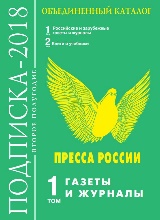АЛГОРИТМ РАЗРАБОТКИ TELEGRAM -БОТА – ПРОДУКТИВНОГО ПОМОЩНИКА СОВРЕМЕННОГО БИЗНЕСА
Аннотация
В статье приведён алгоритм создания Telegram-бота – сервиса, позволяющего организовать взаимодействие организации с клиентом без привлечения дополнительных сотрудников. По сравнению с мобильными приложениями возможности интерфейса Telegramбота ограничены, однако даже в таком виде их хватает для решения разнообразных задач. Среди функций данного сервиса можно выделить: ответы на вопросы, рассылка уведомлений, интеграция с другими сервисами, одно- и многопользовательские игры, социальные сервисы, организация приёма платежей и другое. Общение между ботом и сервером происходит в виде http-запросов. Алгоритм создания Telegram-бота рассмотрен в работе, после создания необходимо выбрать IDE, виртуальное окружение, язык программирования и метод создания самого бота. Большинство ботов пишут на языке Python из-за гибкости языка и большого количества фреймворков
Литература
Bot API Reference https://tlgrm.ru/docs/bots/api
2. Bobkov S.P., Astrakhantseva I.A., Galiaskarov E.G.
Application of a systematic approach in the development of
mathematical models. Modern science-intensive technologies. Regional application. 2021. No. 1 (65). P. 66-71.
Telegram Bot API (documentation).
https://core.telegram.org/bots/api (accessed 05.04.2023)
Zelensky O.S. Development of a project management system
based on the 1C platform: enterprise with Telegram bot integration. In the collection: Industry 1C. Collection of articles of the
regional conference. Bryansk, 2022. P. 127-135.
Karachevtseva A.A., Sorokin A.A. Development of a
chatbot for communication with clients on the example of a
photo studio. In the collection: Digital economy, management and finance: development of professional skills of a
modern manager. collection of scientific papers of the V International Business School. Stavropol, 2021. P. 105-109.
Shumilina M.A., Korobko A.V. Development of a chatbot
in the Python programming language in the Telegram messenger. Scientific News. 2022. N 28. P. 47-55.
Uspenskaya O.I., Soldatov E.I., Soldatov I.N. On trends
in the development and state of the ICT sector in Russia in
modern conditions. Modern science-intensive technologies.
Regional application. 2019. N 3 (59). P. 59-63.
Rychikhina N.S. Big data and artificial intelligence as the
basis for the implementation of regional digital projects. In
the collection: Data Science. Materials of the international
scientific and practical conference. 2020. pp. 264-265
Rychikhina N.S. Innovative restructuring: theoretical aspect and implementation mechanisms. Economics and entrepreneurship. 2015. No. 3-2 (56). pp. 582-585
Rychikhina N.S. Innovative management model of the "life
cycle" of the economic system through restructuring. Modern high-tech technologies. Regional application. 2015. No.
(41). pp. 98-101
Danilova S.V., Valinurova A.A. Digital tools for organizing joint project activities of students / In the collection:
Modern University education: challenges and problems,
values and innovations, technology and quality. collection
of articles. Ivanovo, 2021. P. 237-240.
Ivanova E.A., Valinurova A.A. Trends in education based
on new information technologies. In the collection: Youth
and the state: scientific and methodological, sociopedagogical and psychological aspects of the development
of modern education. International and Russian experience.
Proceedings of the XI All-Russian Scientific and Practical
Conference with international participation. Edited by M.A.
Krylova. Tver, 2022. P. 88-91.
Tvorogov M.A., Valinurova A.A. Advantages and disadvantages of using distance technologies in the educational
sphere. In the collection: Information and innovative technologies in science and education. Collection of scientific
papers of the VI All-Russian scientific and practical conference with int


